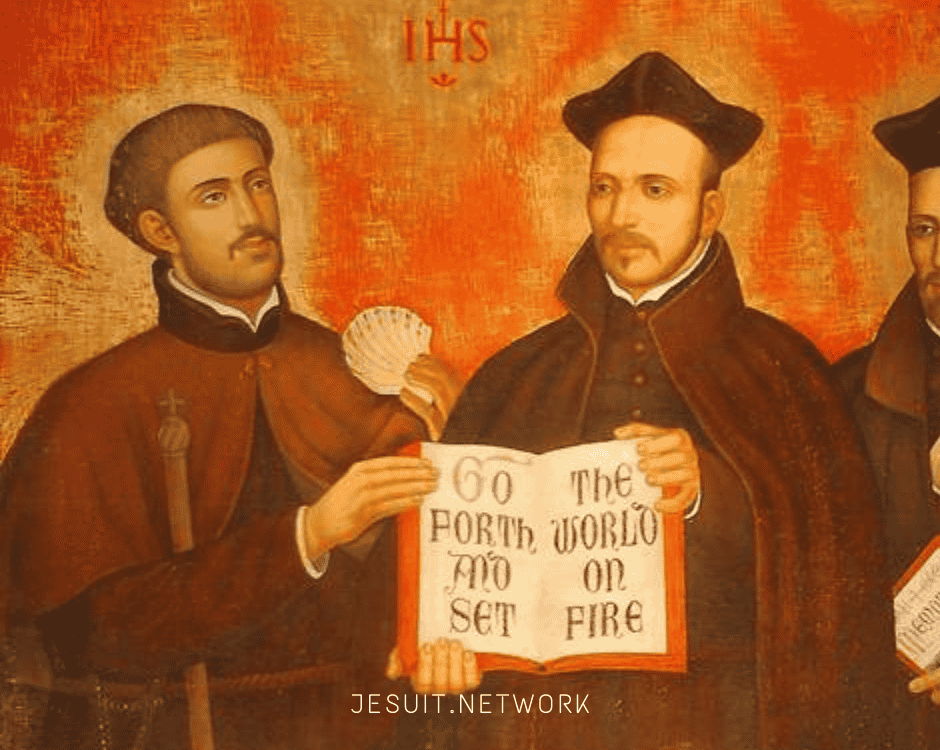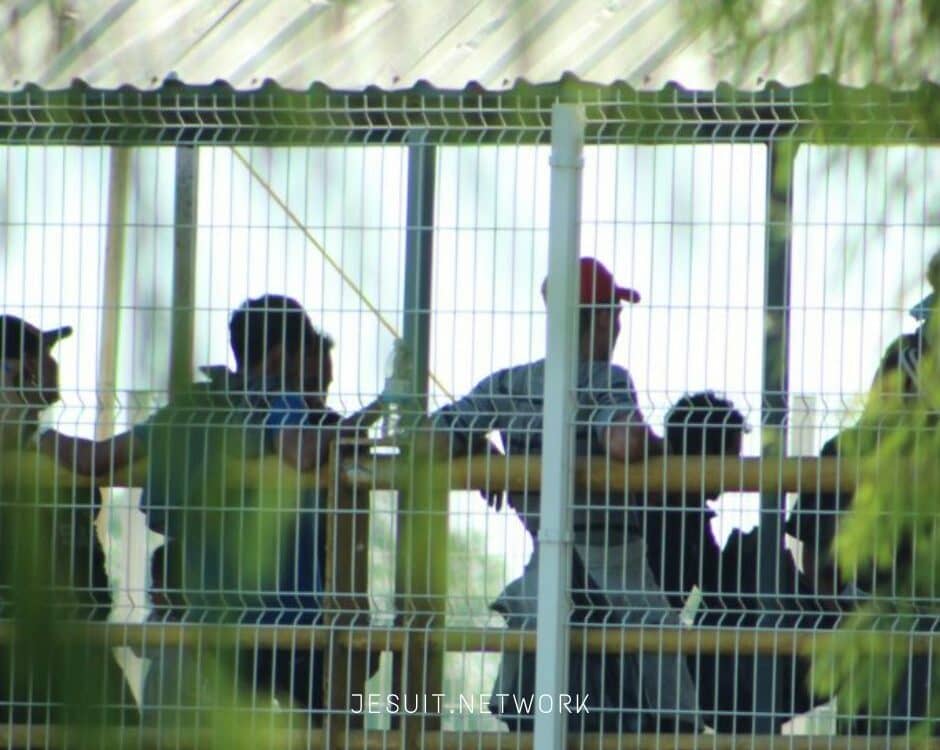Este sitio web utiliza cookies para que podamos ofrecerle la mejor experiencia de usuario posible. La información sobre cookies se almacena en su navegador y realiza funciones como reconocerle cuando vuelve a nuestro sitio web y ayudar a nuestro equipo a comprender qué secciones del sitio web le resultan más interesantes y útiles.
10 notes on mobility
Many Jesuit institutions have international volunteer programs. Jesuit Networking is a way of thinking that links people and institutions from different countries and cultures. How can international volunteering help us find new paths? In this article, Fernando Vidal discusses 10 aspects of mobility. Mobility will always mark the way we live. So let Fernando encourage you!
1) Internal mobility. International volunteers have to relocate their souls. Their engagement is radical. It involves a transformation of mind and heart. Not only are they bodily present in a new world; they are also en route to a new and different world, one that that doesn’t exist yet, one which they are creating. They are imagining a different and better world, a Utopia; and their own lives are caught up in the process.
2) Psychological mobility. Volunteers experience a process of inner transformation in an unknown and challenging context. They face new routines, new habits, new food, a new way of life, new customs and manners. New skills and attitudes are demanded, and our personality is tested. International volunteering is bound up with a drama involving all society. And the actors can rewrite their own parts, indeed the script of the play.
3) Identity mobility. Your identity is going to be changed. Volunteering is an adventure because you don’t know where it will lead. You are acting in an unpredictable context, marked by conflicts and social exclusion. You are opened up to Otherness, and you cannot close off your mind and soul. Your previous identity will be drawn into new cultural mores and traditions. Volunteering is a time of cultural creation, of dialogue with different ethnic and regional traditions, and with the movement of solidarity between them.
4) Physical and geographical mobility. Obviously, international volunteerism involves travel, discovery, adventure, exploration, geographical movement, and new paths. It is an experience of the road. You are moving across physical and symbolic borders, you are creating a crossroads where people can only see dead ends; you will settle and plant in places hitherto unrecognized or forgotten.
5) Relational mobility. International volunteers establish new relationships with all sorts of people from other cultures or religions, from other nationalities, from different social classes. They seek to create new patterns of relationships between people, and to move towards new ways of living together in society that don’t yet exist.
6) Communicative mobility. International volunteers are conduits between people from different countries. They are storytellers: they report facts, problems, miracles, biographies, expectations… They tell everyone about what they are discovering: they are a bridge between worlds, an ocean cable through the deep waters of solidarity and global exclusion.
7) Media mobility. Volunteers are always discovering new sources of information. They will listen to leaders, analysts, alternative thinkers, diverse visions, community media, NGO news services, hidden voices. They establish new connections with new networkers and they aim to be the voice of the voiceless.
8) Social mobility. Though volunteers are inevitably more privileged and powerful than those with whom they work, nevertheless they are chipping away at social divisions. They create a place where people of different classes and statuses meet, but at the same time feel the tensions. They are building relationships that are free from structures of exploitation, domination and alienation.
9) Economic mobility. Volunteers expand the local economy through their service and through what they give. They seek to change economic structures; they promote a socially responsible market and Fair Trade exchange. When a humanitarian crisis strikes, they get things done, and get emergency resources to those in need amid the most dangerous conditions.
10) Political mobility. Finally, international volunteers are trying to create, with others, a new cell of liberty within the global order. They are promoting the participation of those with whom they work in the global order, and helping them forge contacts with people in their countries of origin. Volunteering is the most basic form of mobilization. Volunteers are a revolutionary presence: new people in unexpected places changing visions, changing the ways those places are governed. International volunteers are political agents and global citizens.
This post is an abstract from a presentation offerred by Fernando Vidal to the European Xavier Network International Volunteering Group during Fall 2014.
Photo: By Ian Mackenzie, Flickr under CC license CC BY 2.0





